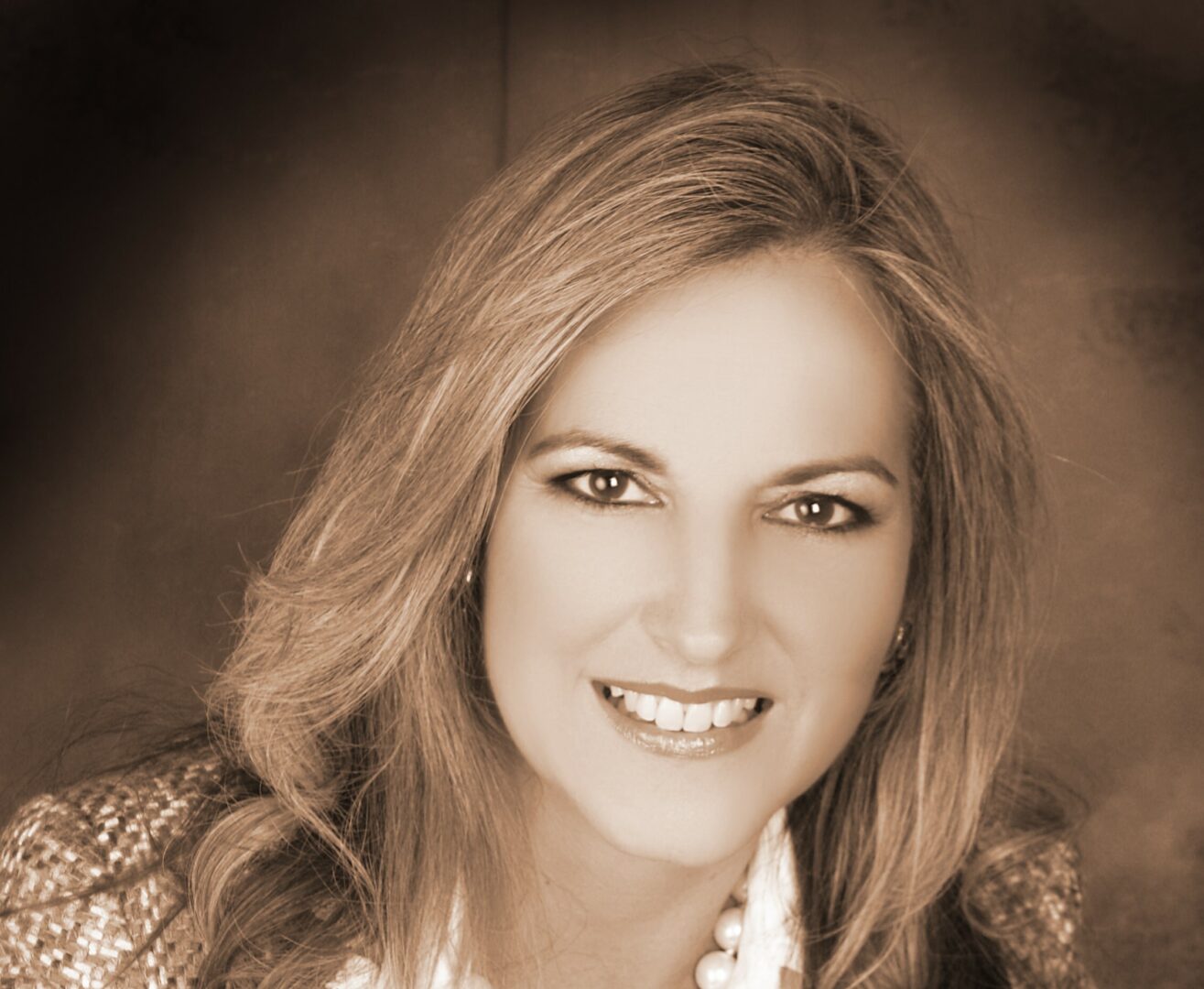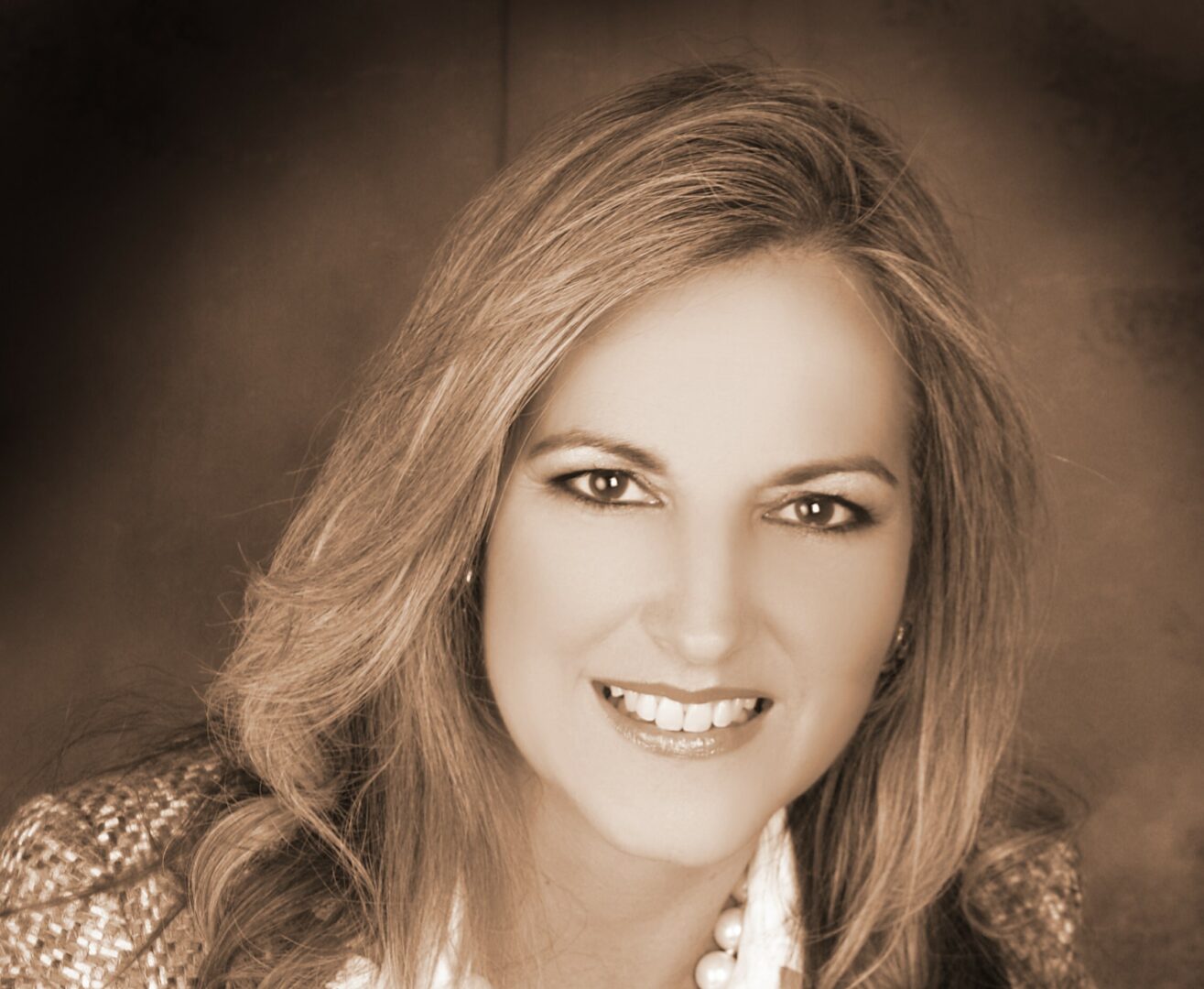We’re excited to introduce you to the always interesting and insightful Aimee Zadak. We hope you’ll enjoy our conversation with Aimee below.
Hi Aimee, really happy you were able to join us today and we’re looking forward to sharing your story and insights with our readers. Let’s start with the heart of it all – purpose. How did you find your purpose?
Being a Cuban immigrant is more than a story of migration—it’s a story of resilience, adaptation, and identity. Many of us leave the island carrying invisible baggage: cultural pride wrapped in pain, generational trauma laced with hope, and a yearning for belonging tethered to a sense of loss. Amid the uncertainty of starting over in a new land, the question often lingers: What is my purpose here?

Appreciate the insights and wisdom. Before we dig deeper and ask you about the skills that matter and more, maybe you can tell our readers about yourself?
My work blends psychology, culture, and communication to guide teams, nonprofits, and individuals through complex decisions and transitions. Whether I’m designing strategies to improve community engagement, helping leaders better connect with their people, or coaching individuals through personal growth, I bring a deep curiosity about why we do what we do—and how we can do it with more intention.
What’s Exciting About My Work
What excites me most is witnessing transformation in real time. One shift in mindset or one clear message can change a person’s trajectory or help an organization better serve its community. I also love integrating cultural insight into my strategy work—especially through the lens of all our differences. As someone raised in the vibrancy and complexity of Cuban culture, I carry forward a spirit of resilience, humor, and heart in everything I do.
What Makes My Work Special
It’s personal. Every client, every workshop, every strategy I build is deeply rooted in human emotion and storytelling. I believe the best strategies aren’t just data-driven—they’re soul-driven. I use behavioral insights not just to solve problems, but to create connection and clarity.
I also focus on inclusive, trauma-informed approaches. So whether I’m working with underserved communities or corporate leadership teams, my goal is the same: to help people feel seen, heard, and empowered to move forward.
If you had to pick three qualities that are most important to develop, which three would you say matter most?
Resilience
Growing up as an immigrant, you learn how to adapt quickly—because you have to. Whether it was navigating new systems, learning a second language, or translating for my family at appointments, I developed grit early on. But it wasn’t just about pushing through hardship—it was about finding resourcefulness in the face of limitation.
Advice:
Build your resilience like a muscle. Start by reframing setbacks as part of the learning process. Keep showing up, especially when it’s uncomfortable. Track your progress—not just your wins. And never underestimate the strength you already carry from your lived experience.
2. Emotional Intelligence
In strategy work—and life—understanding people is everything. As a child in a multicultural world, I became attuned to body language, tone, and emotion—especially in moments where language failed. That intuition became one of my most valuable tools in helping others shift behavior, manage change, and feel seen.
Advice:
Practice active listening. Ask people about their stories before offering your opinion. Learn to sit with discomfort—yours and others’. Emotional intelligence isn’t just about being nice; it’s about being aware. Journaling, therapy, and mentorship can help you strengthen this skill.
3. Cultural Fluency
Coming from a Cuban background, I learned to read between the lines—to recognize the meaning behind actions, rituals, and beliefs. That helped me become a strategist who doesn’t just analyze behavior but understands the why behind it across cultures. It’s what allows me to connect with people on a deeper level.
Advice:
Explore your own heritage. Learn other people’s. Stay curious, not judgmental. If you want to work with diverse communities or in global settings, cultural humility is non-negotiable. Read widely, ask questions respectfully, and be open to unlearning what you think you know.

Awesome, really appreciate you opening up with us today and before we close maybe you can share a book recommendation with us. Has there been a book that’s been impactful in your growth and development?
Sanity, Insanity and Common Sense. I read this book during undegraduate studies and it allowed me to understand that what doesn’t make sense still has a solution and a purpose.
Contact Info:
- Website: https://www.aimeezadak.com
- Instagram: @draimeez
- Linkedin: aimee sanchez-zadak
- Other: Various links.
TedX Speaker: https://www.youtube.com/watch?v=X0F6YWc1eL0
The Art of Networking : https://www.youtube.com/watch?v=Ka-HQUK7uxk
Education Through Advocacy : https://www.youtube.com/watch?v=29h_kJiI1Ok
The Art of Balloon Business: https://www.youtube.com/watch?v=Wk5CDctlGLQ
Image Credits
No Credits
No Credits
so if you or someone you know deserves recognition please let us know here.




